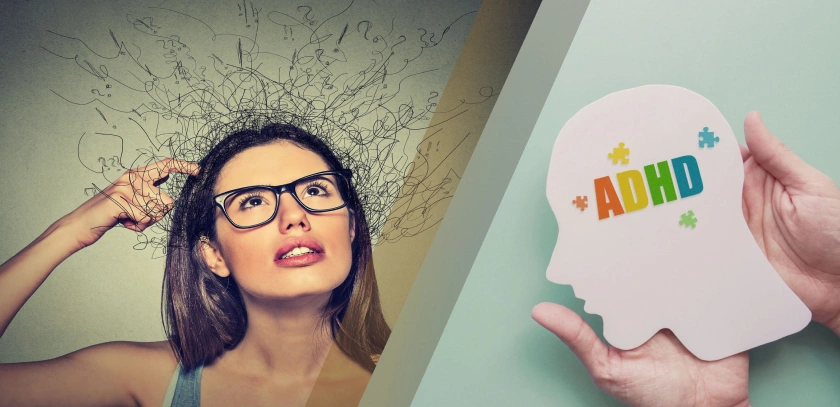
Attention-Deficit/Hyperactivity Disorder (ADHD) affects millions of people worldwide, causing difficulties in attention, hyperactivity, and impulsivity. While ADHD is commonly diagnosed during childhood, symptoms can persist into adulthood, impacting daily functioning and quality of life. This article aims to shed light on the process of ADHD diagnosis, the role of Connor’s Continuous Performance Test (CPT), therapy options, and medication choices available for individuals with ADHD.
Understanding ADHD Diagnosis
Diagnosing ADHD often involves a comprehensive assessment by a healthcare professional, such as a psychiatrist or psychologist. The evaluation may include gathering information from the individual and their family, as well as considering their medical history, behavioral observations, and academic or work performance. Proper diagnosis is crucial to ensure appropriate treatment and support is provided
Connor’s Continuous Performance Test (CPT)
Connor’s Continuous Performance Test is a widely used tool in ADHD assessment. This computer-based test measures sustained attention, impulse control, and response inhibition. The test presents a series of visual or auditory stimuli that require specific responses from the participant. By analyzing their performance, healthcare professionals gain insights into an individual’s attentional abilities, helping in the diagnosis and treatment planning process
Therapy Options for ADHD
Therapeutic interventions are often a key component in managing ADHD symptoms. Several effective therapies have been developed, including:
1. Behavioral Therapy: This therapy focuses on recognizing and altering negative behaviors through positive reinforcement, structure, and routine. It helps individuals develop strategies to improve focus, organizational skills, and time management.
2. Cognitive-Behavioral Therapy (CBT): CBT aims to identify and modify negative thinking patterns, develop problem-solving skills, and enhance emotional regulation. It can be beneficial for those struggling with impulsive behaviors or emotional volatility.
3. Social Skills Training: This therapy assists individuals in developing appropriate social interactions, communication skills, and conflict resolution techniques. It can be particularly helpful for children or adults experiencing social difficulties related to their ADHD symptoms.
Medication Options
Medications prescribed for ADHD aim to restore chemical imbalances in the brain, improving attention and reducing hyperactive and impulsive behaviors. Commonly prescribed classes of medication include:
1. Stimulants: These medications, such as methylphenidate (Ritalin) or amphetamine-based drugs (Adderall), are often the first line of treatment. They work by increasing levels of certain neurotransmitters in the brain, improving focus and impulse control.
2. Non-Stimulant Medications: When stimulants are ineffective or pose side effects, non-stimulant options like atomoxetine (Strattera) or guanfacine (Intuniv) may be considered. These medications work differently than stimulants but can still improve symptoms of ADHD.
3. Lifestyle and Alternative Approaches: Complementary strategies, such as regular exercise, sleep hygiene, and mindfulness techniques, can also support individuals with ADHD. While often used in combination with therapy and medication, these strategies may offer additional benefits when managing symptoms.
Receiving an accurate ADHD diagnosis is crucial for individuals seeking appropriate support and treatment. The integration of Connor’s Continuous Performance Test, therapy options, and medication choices can significantly impact an individual’s experience with ADHD. It is important to consult with medical professionals to determine the most suitable combination of interventions and tailor treatment plans to individual needs. By embracing a multifaceted approach, individuals with ADHD can lead fulfilling lives, harnessing their strengths, and managing their challenges.
Read More: Over-the-Counter Supplements for Anxiety: Exploring Natural Remedies




